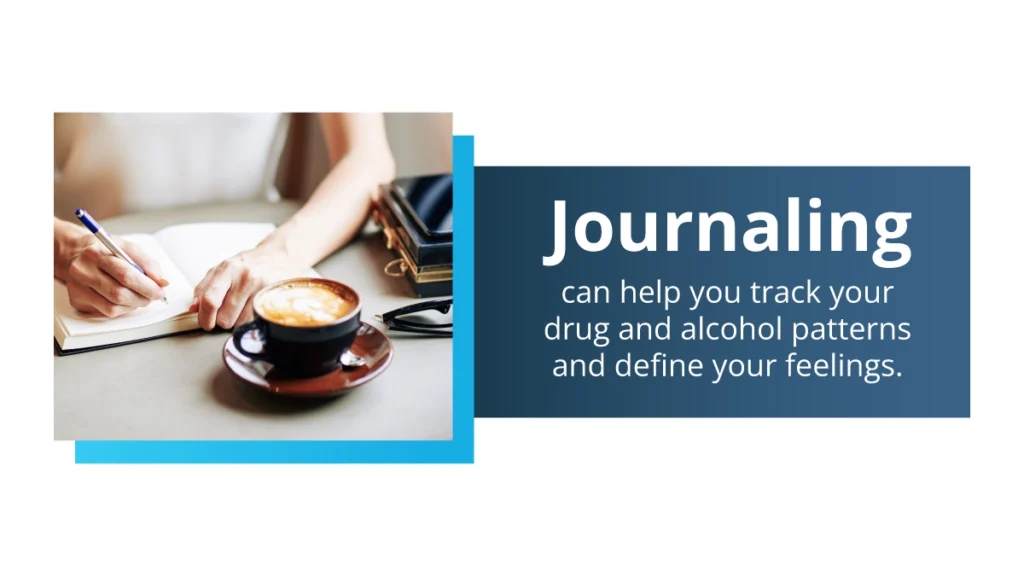In the denial phase, people tend to follow defense mechanisms to escape reality to avoid distress. The initial step in a treatment program related to substance use disorder can only work once an individual accepts their addiction.
Denial hinders the healing process. Denying one’s substance abuse severity can make it easy for them to convince themselves that they don’t need treatment. Refusing to accept what is happening can lead you to reduce the consequences rather than face them head-on.
To cope with drug addiction and start the recovery process, one needs to get treated for addictive behaviors by getting over the denial stage and admitting the problem.
Addiction Denial Stages
The addiction denial follows a complete pattern as it is helpful to provide you best assistance. Denial distorts, challenges, and opposes the truth. Denial, on the other hand, might serve as a coping mechanism. This fear-based mind allows you to avoid dealing with reality. Denial might cause you to exaggerate the extent of your drug and alcohol usage rather than focusing on the causes and consequences of your behavior.
Justifying your Addiction
You are making light of your predicament in some way. You minimize your addiction by pretending that your drug and alcohol consumption is overstated. You might argue that it’s not that bad or that other people drink or take drugs more than you do, and you’d be right. Justifying your drug usage usually entails arguing about your actions.
You may say that you’ve been through a terrible period, and that’s the only reason you’ve been drinking. Drug and alcohol abuse can also be defended by arguing that you need “a little help getting through this.” After putting a lot of effort into something, you may think you deserve a drink since you’ve “earned” it.

The Ways to Overcome a State of Denial
Self-awareness is the first step toward overcoming denial. For some people, it’s hard to keep track of how much and how often they use drugs or alcohol. A psychological setting is considered when a person tries to eliminate denial and fathom that their addiction is on the rise. Seeking help from a professional interventionist can also help overcome the challenges of denial in addiction.
Journaling Can Help
Utilizing the tools in this journal, you can come face to face with reality. The entries don’t need to be extensive or elaborate. Keep a log of the hours, dates, quantities, and things you eat or drink. If you track how often you use drugs or drink alcohol, you may conclude that you are using too many addictive substances. You can keep track of your confessions, write the truth, and define your feelings.
Get Support From Those Close to You
Analyze why you’re so resistant to accepting reality as it is right now. Denial has a purpose, and it’s essential to understand why. Fear, rejection, shame, and humiliation are all examples of feelings that can lead to drug and alcohol denial.
Knowing the reasons for your denial can help you overcome these feelings. You can also share your thoughts and feelings with your loved ones. Tell them you are terrified, bothered, or scared to accept reality. Express your regret or embarrassment to them.
Understanding Negative consequences
The loss of a person’s savings, the dissolution of one’s marriage, or the loss of one’s employment are all possible outcomes of addiction. When it comes to addiction, many people aren’t aware of their problem, but by reading up on various addictions, they may be able to identify certain tendencies in themselves.
Denial can be a powerful coping strategy for people who want to justify or explain their addiction. Symptoms can linger from a few weeks to months in some people, depending on their severity. Some may be forced to wait for months or perhaps years.
As long as this situation persists, treatment cannot begin in earnest and will frequently end in a relapse. They may be more sympathetic and willing to help you once you identify the problem and agree to get treatment.
Frequently Asked Questions
What does denial mean in addiction?
The denial of addiction is a way people adopt to escape their problems; they might know that they are abusing drugs or alcohol, but they will not openly admit their problem or seek treatment.
How does denial affect a person?
If a person is not accepting that they have a problem and make an effort to receive treatment, their addiction can lead to more severe health problems and even death. Denial can become lonely because you constantly have to lie to those you care about.
How convincing are addicts to deny their addiction?
People struggling with addiction can be compelling when denying their addiction. If you believe that your loved one is struggling with an addiction and are hiding it from you, pay close attention to their behaviors. Intervention may be necessary if the individual does not come to terms with their problem.
Contact Haven Detox for Addiction Recovery
The Haven treatment center is here to help you or a loved one recover from any substance addiction. Our proven detox methods, effective therapy, and aftercare programs have helped hundreds of patients successfully overcome their addiction to drugs or alcohol. Our residential treatment program offers various amenities, where patients receive around-the-clock care for their addiction.
Call us to speak to our personnel to know more about the admission process by dialing (561)328-8627